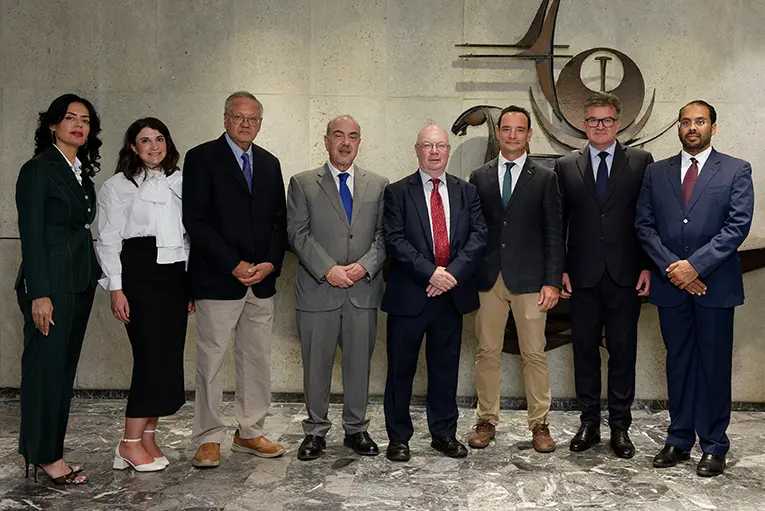The Geneva Centre is a think-tank created in 2013 with its headquarters in Geneva. The Centre is dedicated to the promotion of a universal, value-driven human rights system, anchored in the principles of equity, non-discrimination, inclusiveness and solidarity.

Our history
The Geneva Centre for Human Rights Advancement and Global Dialogue (GCHRAGD) was founded in 2013 in Geneva, Switzerland, by a group of distinguished diplomats, scholars, and human rights advocates from the Middle East. Their shared vision was to create a bridge between Geneva’s human rights expertise and the aspirations of societies in the Middle East and North Africa (MENA) and beyond. They believed that dialogue, mutual understanding, and cultural respect are essential to overcoming bigotry, intolerance, and exclusion — and to achieving sustainable human progress.
Established as an independent, non-profit think tank, the Geneva Centre is dedicated to promoting universal human rights through constructive dialogue, research, and capacity-building. Since its creation, it has become a respected voice within International Geneva, connecting academic, diplomatic, and civil society communities to advance balanced and inclusive approaches to human rights.
The Centre contributes to international policy debates, supports governments and institutions in the implementation of human rights standards, and provides a platform for intercultural and interfaith dialogue that promotes dignity, equality, and justice for all.
In 2017, the Geneva Centre was granted Special Consultative Status with the United Nations Economic and Social Council (ECOSOC), reinforcing its credibility and engagement within the UN human rights system and confirming its role as a trusted partner in advancing human rights through dialogue and collaboration.
Our approach
The Geneva Centre works to safeguard human rights by promoting global dialogue. Guided by universal principles and grounded in regional realities, our work combines research, advocacy, capacity-building, and public engagement.
We emphasize constructive humanistic dialogue, encouraging mutual respect, intercultural understanding, and the rejection of all forms of discrimination.
We work closely with Permanent Missions in Geneva and with governments and institutions in the MENA region, recognising the efforts and progress made towards the better implementation of international human rights standards and norms, and in support of the Sustainable Development Goals (SDGs).
Our approach is not one of blame and shame, but rather one of recognition, encouragement, and partnership — supporting stakeholders through dialogue, advocacy, and capacity-building to help them go further in promoting dignity, equality, and justice.
In practice, this approach means:
- Advancing awareness and understanding of human rights in Arab and Muslim societies and globally;
- Supporting policy reform through research, analysis, and recommendations aligned with international standards;
- Building capacity through training, workshops, and educational programmes for youth, civil society, and government officials;
- Engaging globally, using media, publications, and partnerships to amplify voices of tolerance and justice.
Through this integrated approach, the Geneva Centre seeks to make Geneva not only a hub of dialogue but also a bridge between regions, fostering a world that is more humane, inclusive, and tolerant.
Our funding and political alignment
The Geneva Centre is politically neutral, as enshrined in its Statutes. We do not take sides in political debates or conflicts — our compass is and remains the universality of human rights, which guides all our analyses, partnerships, and activities.
We are independent and funded exclusively through private contributions, mainly from philanthropists and direct donations based in the MENA region. This approach reflects our commitment to impartiality, autonomy, and ethical governance.
As a Swiss association, the Geneva Centre is regularly audited under Swiss law, guaranteeing transparency, accountability, and good governance in all its operations.
This independence allows the Centre to act freely, engage all partners in good faith, and remain faithful to its founding vision — advancing human rights through dialogue, understanding, and collaboration.